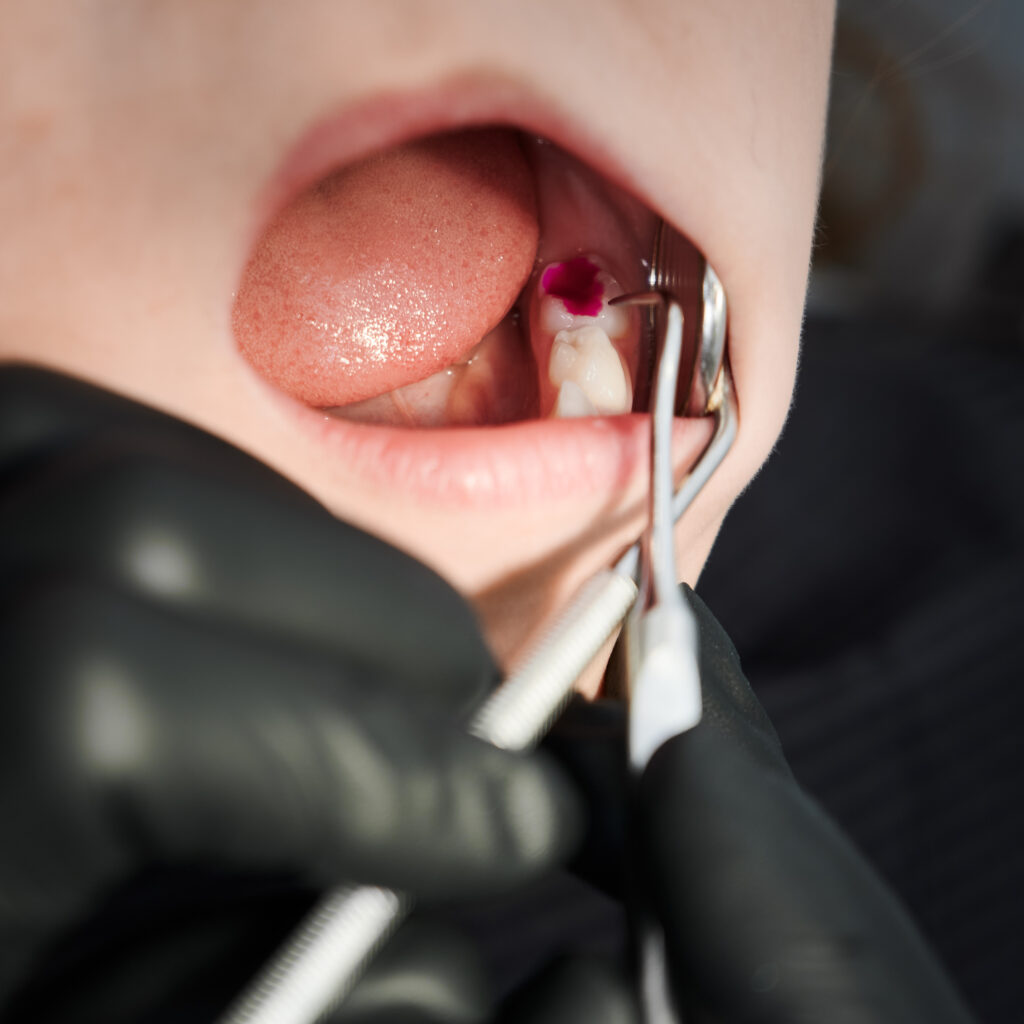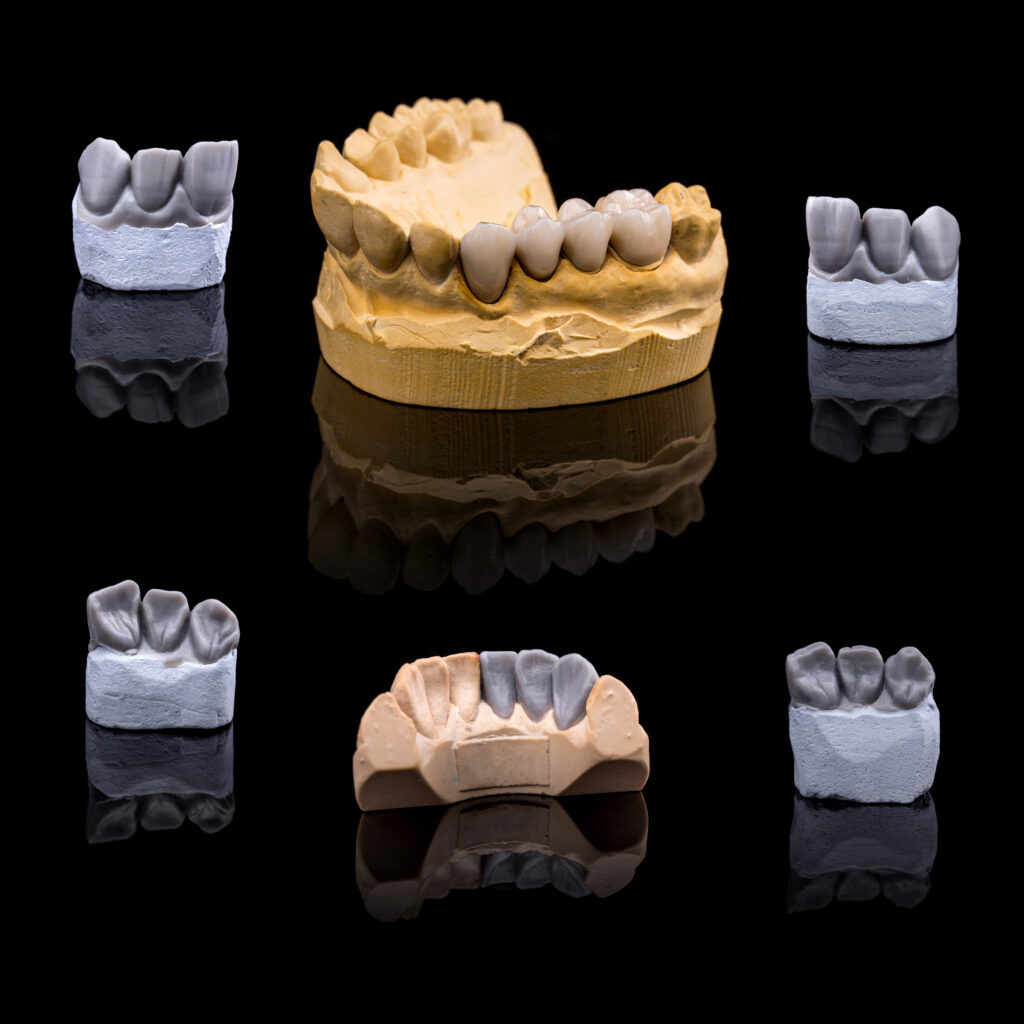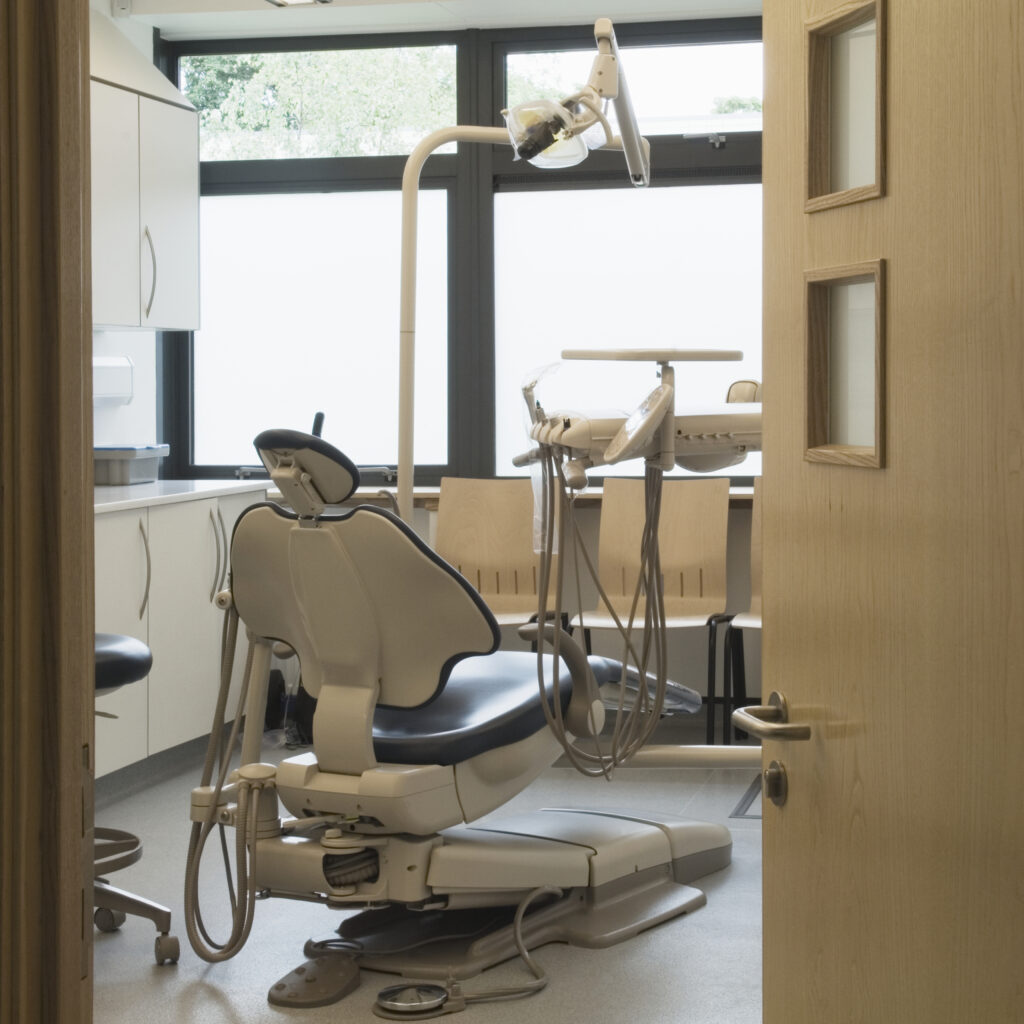Maintaining good dental and oral health is a crucial part of overall wellbeing. Oral hygiene not only prevents pain, discomfort, and costly dental procedures but also contributes to systemic health. In the UK, there is growing recognition that poor oral care can be linked to cardiovascular disease, diabetes, and other chronic conditions. Understanding effective daily routines, preventive strategies, and treatment options helps individuals maintain strong teeth, healthy gums, and a confident smile.
Oral health involves more than just brushing teeth twice a day. It encompasses diet, lifestyle habits, regular professional care, and awareness of common dental issues. The following guidance addresses frequently asked questions from UK audiences about dental hygiene, cosmetic dentistry, and maintaining oral health. It highlights practical, evidence-based advice to support long-term dental wellbeing.

How Often Should I Visit The Dentist For A Check-Up
Regular dental check-ups are essential for maintaining oral health and preventing serious issues. Most dentists recommend visiting every six months, although frequency may vary based on individual risk factors, including age, oral hygiene habits, and medical conditions. Routine check-ups allow early detection of cavities, gum disease, oral cancers, and other problems, making treatment simpler and more effective. NHS dental services in the UK offer preventive care, while private options may provide additional treatments and cosmetic procedures.

What Are The Best Ways To Prevent Gum Disease
Gum disease, or periodontal disease, is a common condition that can lead to tooth loss if untreated. Preventive measures include daily brushing and flossing, regular dental check-ups, and avoiding smoking, which is a major risk factor. Antiseptic mouthwashes can help reduce bacteria, while maintaining a balanced diet supports gum health. Early signs of gum disease include bleeding, swelling, or tenderness, and addressing these promptly can prevent progression.
How Can I Safely Whiten My Teeth At Home
Teeth whitening is a popular cosmetic concern in the UK. Safe home methods include using whitening toothpaste, over-the-counter strips, or professional take-home trays provided by a dentist. Avoiding excessive use of bleaching products and acidic substances protects enamel from damage. Consulting a dentist before starting any whitening treatment ensures that underlying issues such as decay or sensitivity are addressed and reduces the risk of adverse effects.

What Are The Most Effective Brushing And Flossing Techniques
Brushing twice daily with a fluoride toothpaste is fundamental to oral health. Use a soft-bristled toothbrush and gentle circular motions to clean all surfaces, including the gum line. Flossing once daily removes plaque and debris between teeth that brushing cannot reach. Interdental brushes can be effective for wider spaces. Combining brushing and flossing with mouth rinses provides comprehensive oral hygiene and prevents cavities and gum disease.

How Does Diet Affect Oral Health
Diet has a direct impact on teeth and gums. Foods high in sugar and refined carbohydrates increase the risk of cavities and enamel erosion. Acidic foods and drinks, such as citrus fruits and fizzy beverages, can weaken enamel over time. Conversely, a balanced diet rich in calcium, vitamin D, phosphorus, and antioxidants supports strong teeth and healthy gums. Drinking water and chewing sugar-free gum can help neutralise acids and maintain saliva production, which naturally protects teeth.
What Are Signs Of Tooth Decay And How Is It Treated
Tooth decay often begins with small areas of demineralisation and may not cause pain initially. Common signs include sensitivity to hot or cold, visible holes or dark spots, and discomfort when chewing. Early treatment involves fluoride treatments, fillings, or sealants, while advanced decay may require root canal therapy or crowns. Regular check-ups and proper oral hygiene are key to preventing decay and avoiding more invasive treatments.

How Can I Reduce Bad Breath Naturally
Bad breath, or halitosis, can be caused by poor oral hygiene, diet, or underlying medical conditions. Regular brushing, flossing, and tongue cleaning remove bacteria that produce odours. Staying hydrated supports saliva flow, which naturally cleans the mouth. Avoiding tobacco, reducing strong-smelling foods such as garlic and onions, and chewing sugar-free gum can also help. Persistent bad breath may indicate dental or health issues, so professional assessment is recommended.

What Are Common Causes Of Tooth Sensitivity
Tooth sensitivity occurs when enamel is worn or gums recede, exposing dentin. Common causes include aggressive brushing, acidic foods, tooth grinding, and gum disease. Sensitivity can be managed with desensitising toothpaste, fluoride treatments, and avoiding triggers. In some cases, dental procedures such as bonding, fillings, or gum grafts may be necessary. Addressing sensitivity early prevents further damage and discomfort.
How Do NHS Dental Services Compare To Private Options In The UK
NHS dental services provide accessible care, focusing on prevention and essential treatments at regulated costs. Private dental care often offers shorter wait times, advanced cosmetic procedures, and wider choices in treatments. Many patients choose a combination of NHS and private care depending on their needs and budget. Understanding the options allows individuals to make informed decisions about regular check-ups, treatments, and cosmetic enhancements.

What Are The Benefits Of Regular Dental Hygiene Appointments
Regular dental hygiene appointments offer professional cleaning, plaque removal, and early detection of potential issues. These appointments prevent cavities, gum disease, and tartar build-up, contributing to long-term oral health. They also provide an opportunity for personalised advice on brushing, flossing, and diet. Consistent professional care ensures a healthier, brighter smile and reduces the risk of costly treatments later in life.